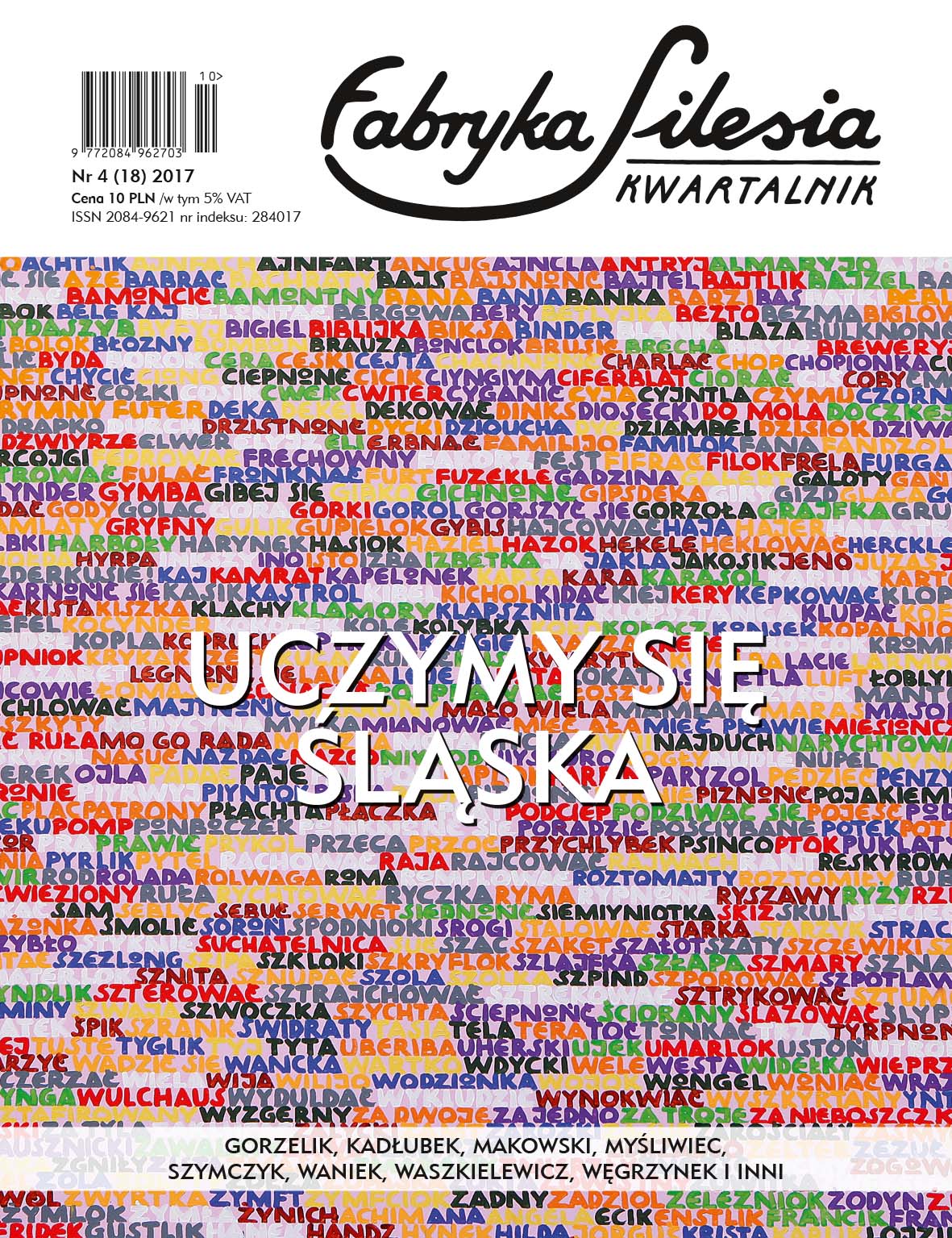
W kagańcu oświaty
They impose their language, culture and customs on the so-called cultural nations. It also affects the Kashubians who have lived within the borders of their Pomeranian homeland for 1,500 years.
More...We kindly inform you that, as long as the subject affiliation of our 300.000+ articles is in progress, you might get unsufficient or no results on your third level or second level search. In this case, please broaden your search criteria.

They impose their language, culture and customs on the so-called cultural nations. It also affects the Kashubians who have lived within the borders of their Pomeranian homeland for 1,500 years.
More...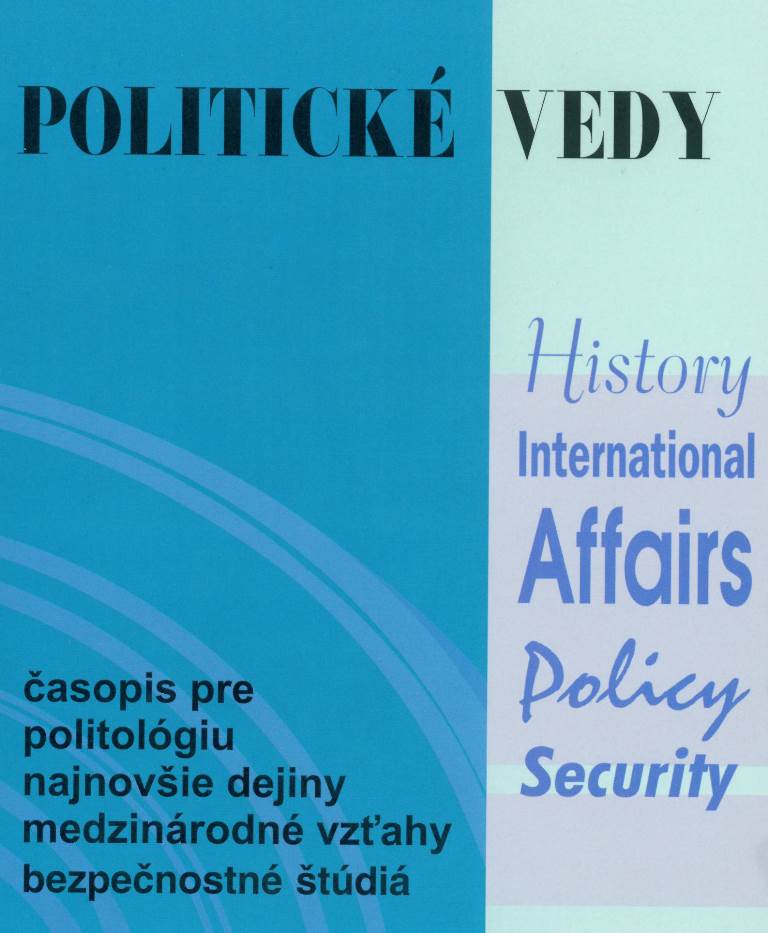
The migration crisis to and in Europe had more characteristics but there was one above others – the struggle for a unified reaction of the European Union. The situation was also complicated by the fact that opinions on the response often differed at the internal level of the member states, as in the Czech Republic, a birthplace of the voluntary movement called the Czech Team. In this study, one aspect of the team members’ motivation was analysed – the declaration of the “European identity” as a form of their protest against the state immigration policy, considered to be anti-European. The occurrence of this incentive element had been investigated by the participant observation, unstructured interviewing of volunteers in Serbia and compared to the related researches on motivation. The results showed the protest against the state policy was often combined with other protests (for example against media or extremist groups) and was the most apparent during the peak of the crisis in 2015. Later, following the stabilisation of mass migration in the Balkans, the strong declaration of the European identity lost its relevance. The volunteers and their open critique of the policy gain the attention at the state and international levels. However, the real impact on the Czech immigration policy remains questionable and rather insignificant.
More...
Within Europe, an area of relatively indeterminate contours, attempts at reconciliation and integration have yielded tangible results in political, economic, social and cultural matters. The objectives of this were widely accepted: to ensure lasting peace, economic growth and global security, as well as the freedom to act, to create and to think. Yet for some this integration has been too rapid, especially towards the east, and this has created a new East/West differentiation, in addition to the older North/South divide. This way of viewing the phenomenon, however, is diminishing in importance, as it largely ignores internal disparities within most national territories. After a relative consensus of hope and confidence in the future, the European arena can be nowadays described as dominated by fears, by disappointments, and in particular by distrust towards national governments in a context of crisis and human drama, widely publicized through the media. This context can be seen as both the trigger and the manifestation of these fears and threats.
More...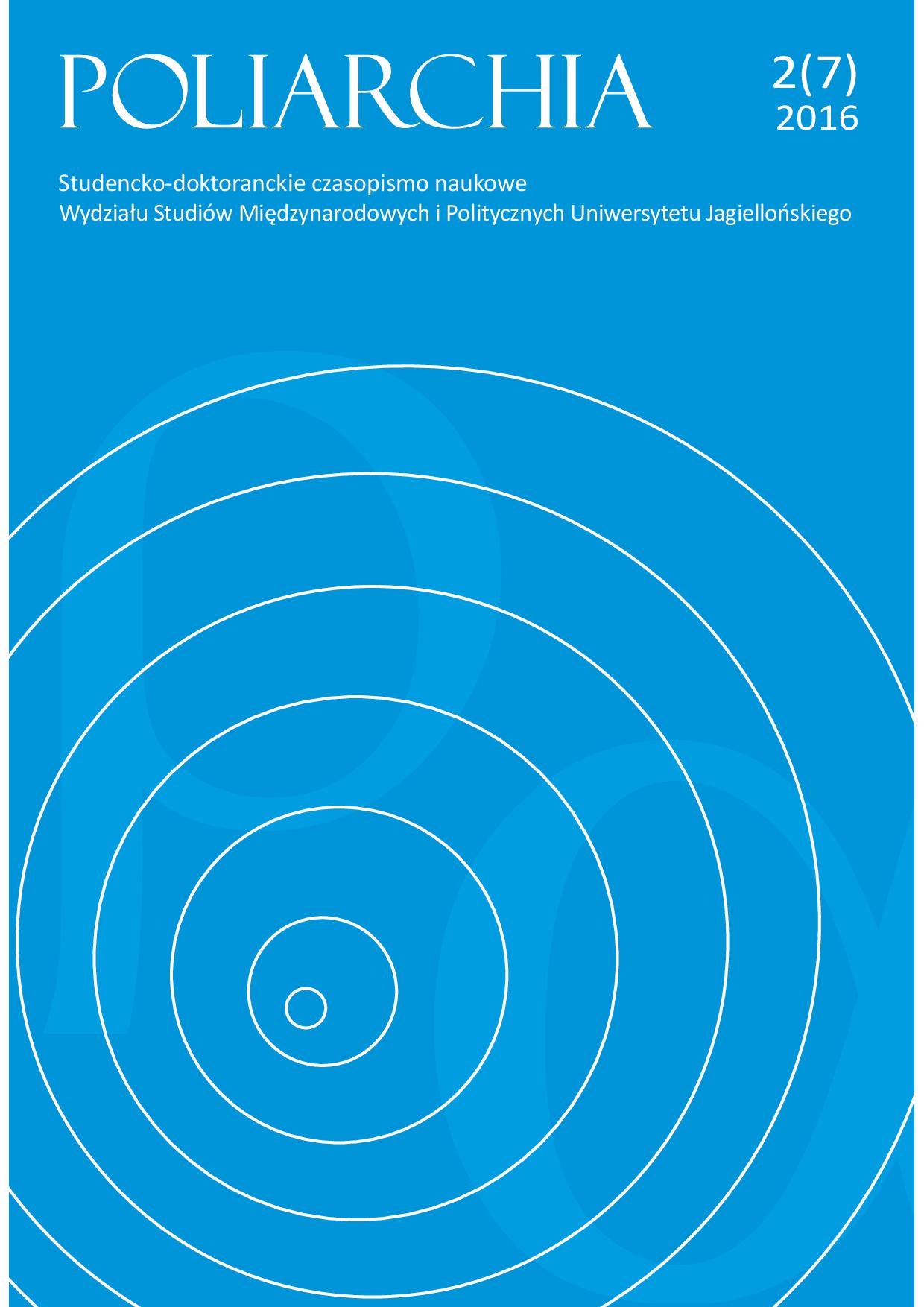
‘Thainess’ is a term deeply ingrained into political discourse of Kingdom of Thailand. Politicians from different camps and parties use it to this day. This quite new concept was defined by Wichit Wathakan, who created a political philosophy around it. His works set a tone of discussion about the nation and the state in Thailand back in the 1930s. His concepts are still alive and well, and also more apparent than those proposed by his opponents. This article explains reasons of emerging of nationalism in Thailand and Thai nationalism, as well as character of both of them.
More...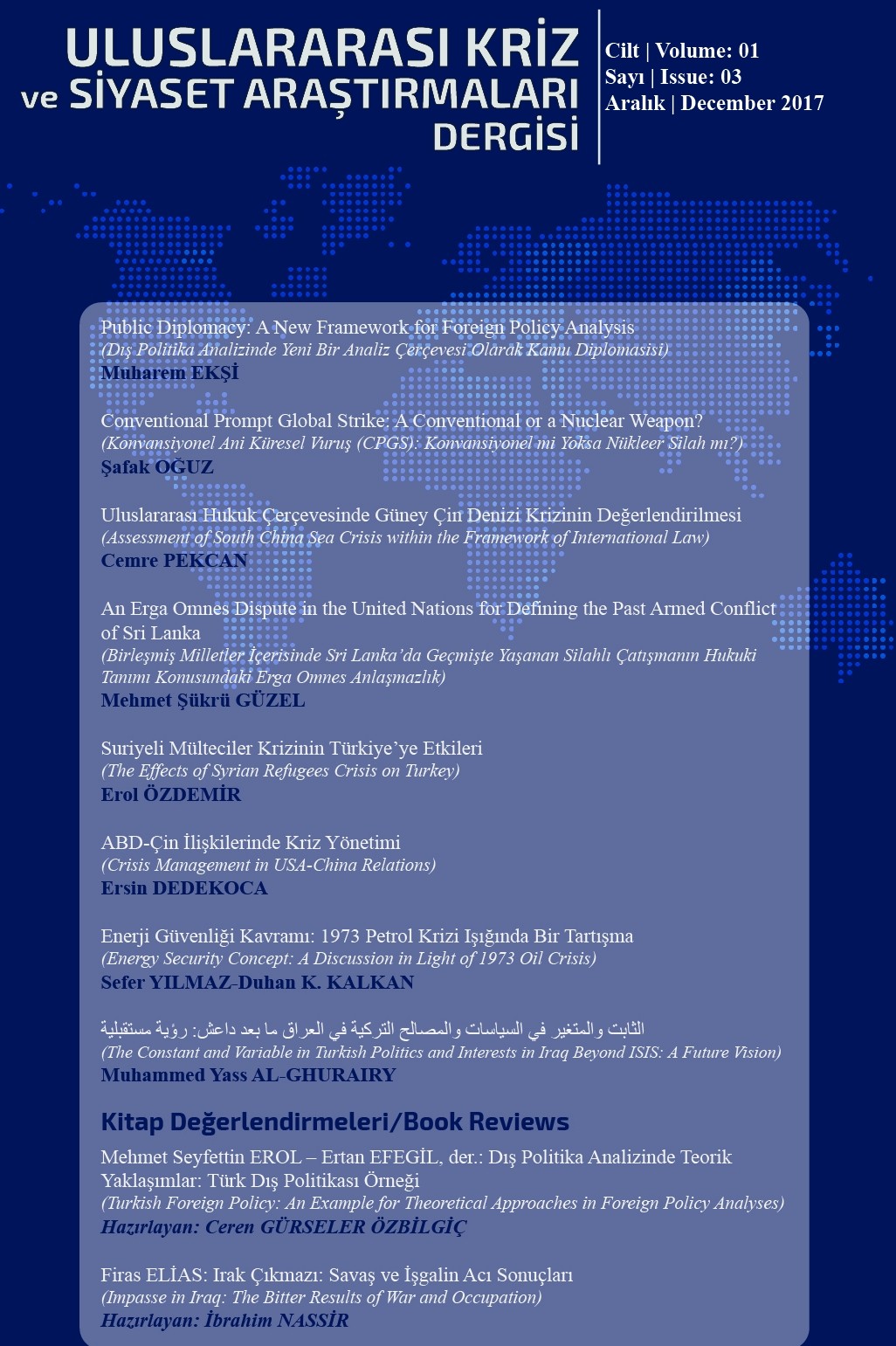
National identity crisis is evaluated as one of the significant reasons of civil war. Therefore, it is important to develop adequate policy to this problem. In this respect, the article analyzes the Nursultan Nazarbayev’s remedy to the national identity crisis of Kazakhstan. Nazarbayev was aware of the fact that if he fails to resolve this problem, then Kazakhstan will be disintegrated to Russian north and Kazakh south. Kazakh president’s policy was compromise and balance. During the quarter century Nazarbayev main policy was to preserve the balance between these competing two poles. The author argues that Nazarbayev made emphasis on civic nationalism in order to prevent conflicts between ethnic groups. In the final analysis, Nazarbayev managed to change Kazakhstan’s disadvantage in ethnic diversity of the country to the advantage by presenting Kazakhstan as the country where different ethnic and religious groups live peace and harmony.
More...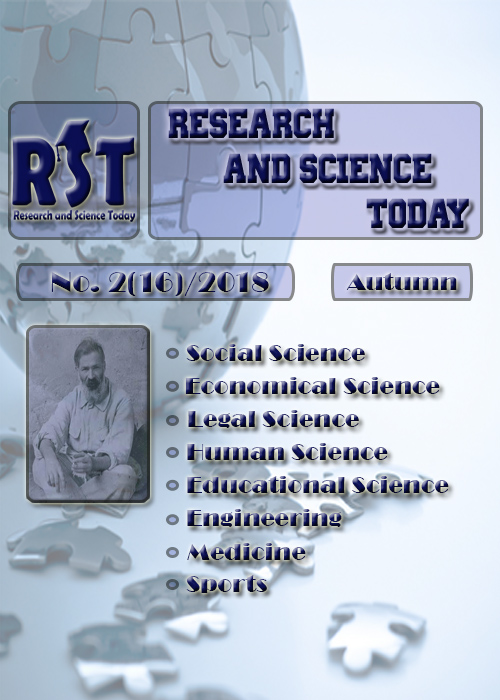
FROM THE PERSPECTIVE OF SOCIAL-CONSTRUCTIVISTS, THE NORM IS BUILT UP BY INTERACTION OFTHE AGENTS. SOCIAL-CONSTRUCTIVISM HAS REMAINED THE DOMINANT THEORY IN RECENT DECADESAND THE ONLY ONE THAT DESERVES TO BE EVALUATED WHEN WE SPEAK OF INTERNATIONAL NORMSIN THE CURRENT SOCIO-POLITICAL CONTEXT. FROM THE PERSPECTIVE OF SOCIAL-CONSTRUCTIVISTS,AN INTERNATIONAL NORM IS BASED ON THE CAPACITY AND OPENNESS OF STATE AND NON-STATEACTORS TO COLLABORATE AND INTERACT IN ORDER TO FORM THE NORM. THIS PROCESS PLACES THEINTERNATIONAL NORM ON A CENTRAL POSITION IN GLOBAL AFFAIRS, AS OPPOSED TO RATIONALISTAPPROACHES IN WHICH INTERNATIONAL NORM IS DETERMINED BY INTEREST AND IMPOSED BYPOWER. A GOOD WAY TO DEMONSTRATE THIS CENTRAL POSITION OF THE NORM, AND THE WAY TODEMONSTRATE ITS CRUCIAL ROLE IN THE PERCEPTION OF INTEREST AND POWER, IS TO CHALLENGETHESE THREE IN AN EXERCISE.
More...
The paper analyses a series of arguments that had as purpose to convince the population not to go to vote in the Referendum of October 2018 organized in Romania about redefining marriage as possible only between different sexes. As the law requested a 30% presence to be validated, the arguments final purpose was not to operate the constitutional changes. But a series of arguments, as convincing as they were, were not correct from a logical and philosophical point of view, as they led astray from the participation to the democratic vote process, the civic implication in establishing the rights of the citizen and refocused public attention from the question in order on the different political and religious organizations. The paper discusses the details.
More...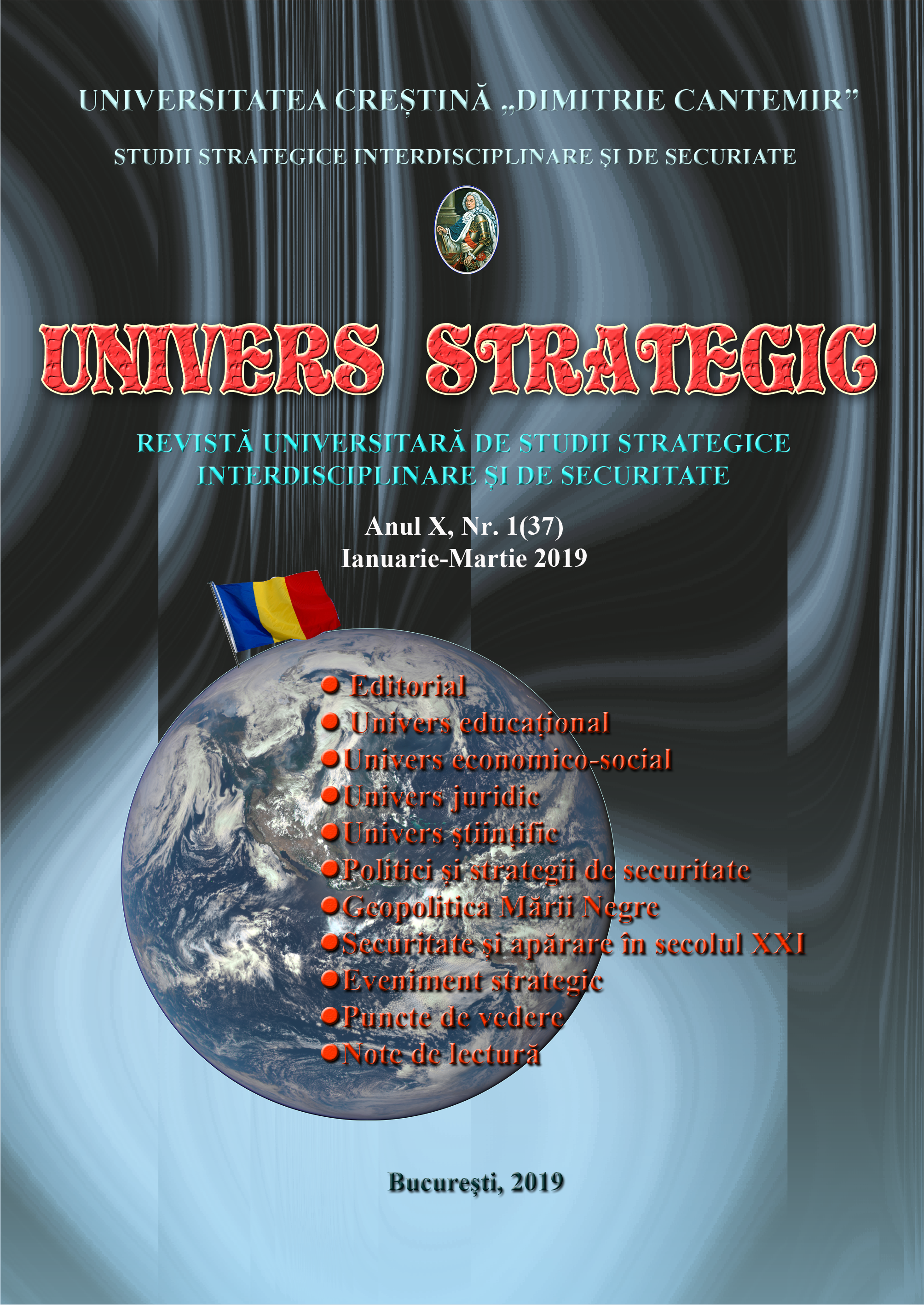
We are preferring to start, within the present paper, from the premise that globalisation itself represents a multi-dimensional, objective process, an intrinsic feature of the XXIst century order, seen as compulsory to be taken into account by any actor wishing to attain the global dimension (by shaping its capacities to interfere and influence the global agenda). The main US challenge during the XXIst century is, thus, to notice this objective global feature of the XXIst century world, beyond the advance of neo-westphalism (as doctrine of national interest, of nation-state centrality), as new strategic guiding line under new Trump administration. The isolationist option (as a result of a radical understanding of neo-westphalism) would produce, in our opinion, the risk that US abandon any policy and initiative of global dimension, as well as the US retreat from any agreement and project perceived as global. In this way, we appreciate that it is a clear risk that US refuse themselves any continuity as global actor, allowing, instead, the development of alternative global projects by other actors and rather, preferring to search for a place within these projects. On a contrary, the persistence of America to act as one of the capable actors, wishful to shape the global agenda, would determine implicitly, the America strategic option to remain a global player in the XXIst century changing order. In our opinion, an isolationist option for America (seen as total rejection of any form of globalism) would provoke the premises for a rejection of the whole present order in its essence, and a fundamental world re-building on the basis of other, different strategic vision. According to our opinion, it is essential to prefer a moderate strategic direction, by pledging for US continuity within the contemporary global frameworks, by offering them the opportunity to influence the global game of power, as continuity of US active behaviour as global actor. By rejecting any globalism, in the name of an absolute national interest, it would not signify an implicit rejection of globalism by other actors but, on a contrary, the major strategic opportunity for them to re-shape the world according to their patterns of globalism (as non-American kind of globalism).
More...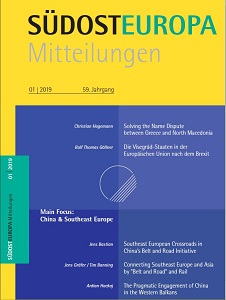
The implementation of the Prespa Agreement was the successful endpoint in the process of solving a decades-old dispute between Greece and North Macedonia on the latter’s official name. Greece had long shown an uncompromising stance on its neighbour using the same name as its northernmost province. As a result Athens blocked the country’s accession to EU and NATO. In North Macedonia, a decade of democratic backsliding and nationalist rhetoric and policies under consecutive Gruevski cabinets left no perspective for a solution of the dispute. However, as the 2015-2017 crisis in North Macedonia set the low-point in this development, the change of government in Skopje finally offered a fresh start to address the issue. The article gives an overview of the process towards the Prespa Agreement’s negotiation and implementation. It also offers an outlook on the possible developments after North Macedonia appears to be back on track in the process of Euro-Atlantic integration. Overall, there are many reasons to be optimistic about the current developments. But several problems inside and challenges outside of North Macedonia remain that can make the next steps more difficult.
More...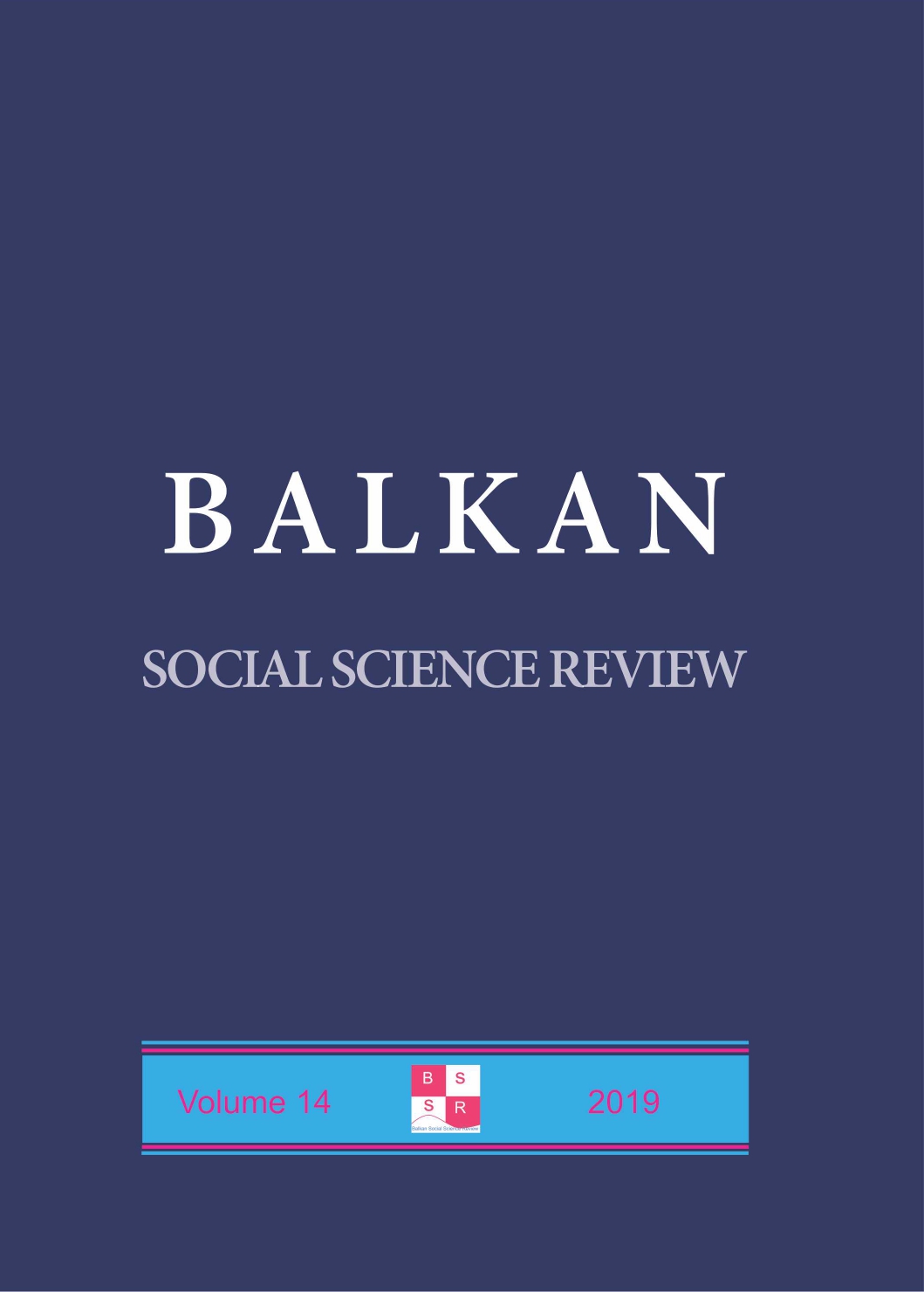
While the conditions under which states introduce powersharing and autonomy rights for minorities are well researched, the reasons why they do so to varying degrees are less known. This article introduces the argument that the level of certainty about a country’s future democratic development explains variation in the extent of minority rights across states. Ethnic groups assess the chance for successful democratic transition and, if they are optimistic about the prospects, they are satisfied with limited minority governing rights. In contrast, groups that are uncertain about their future position in power relations and that fear an autocratic backlash, request extensive power-sharing and autonomy rights. Democratic prospects and the extend of minority governing rights are, thus, negatively correlated. This theoretical proposition finds support in the analysis of seven former Yugoslav countries, which shows that states with more pessimistic democratic prospects at independence, introduced more extensive minority governing rights afterwards. This innovative argument contributes to the literature focusing on the preferences of a country’s elites by highlighting the role of citizens’ interests.
More...
This article explores a significant scientific problem and an actual issue of real politics, understanding the process and the specifics of the state identity politics. State identity politics is connected with symbolic politics and, in particular, the politics of historical memory. While much has been written on this topic, the lack of a reasonable unambiguous interpretation of such concepts as “state identity”, “national and state identity”, “civic identity” suggests that more can be said. This article provides information on the development of the theory of identity politics, describes the developmental directions of the concept of state identity politics, identifies the problems of constructing the basic matrix of state identity, identifies the problem areas for the formation of the political elite model of state identity, and discusses the hidden conflicting characteristics of state identity politics. The author focuses on developments on these issues of Russian political scientists. A separate point of discussion is the formation of state identity politics in the so-called "new" states, which have to use technologies including "post-truths" to prove the uniqueness and authenticity of the history of their states. The author believes that at present the financial, organizational and technical resources that a state uses to implement the identity politics are becoming the object of competition between various political forces and public opinion leaders from among civil activists. Attempts to create a unified model of state identity, which different layers of citizens would accept, is actually doomed to failure. This study was funded by RFBR and EISR; the research project № 19-011-31616 “State policy in the field of identity formation: conceptual foundations, technologies and prospects”.
More...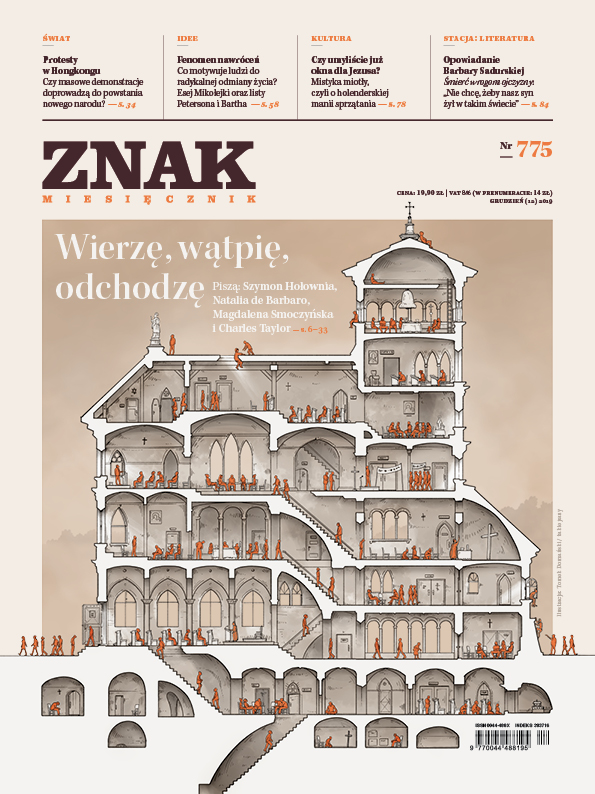


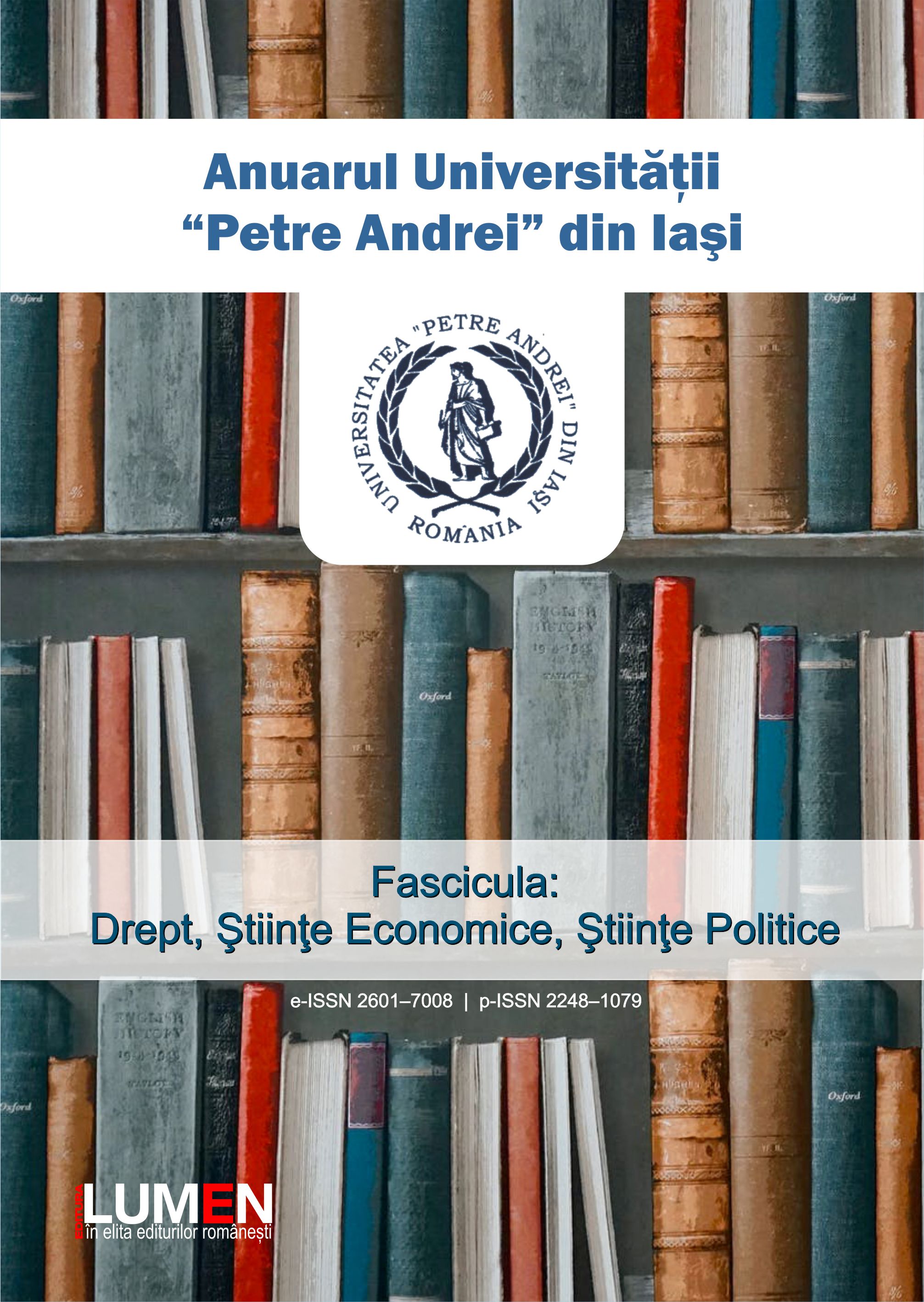
The modernization of the Romanian space from the beginning of the 19th century, in the European context, having as source of inspiration the French model, in particular, took place at all levels of development, being reflected both in the forms of social organization and in the language used. The modern Romanian political lexicon has its origins in the middle of the 19th century. The ‘48 period reprezented a hot spot in the development of the political vocabulary used in the Romanian space. The current that bears the name of ’48 movement found its promoter in the Romanian bourgeoisie, a social category in formation, and embodied in the country, in the three Romanian principalities: Wallachia, Moldavia and Transylvania, the form of ideology both through the programs of the secret society Brotherhood and through the reform documents of the revolution from 1848, respectively 1849, such as: in the Proclamation from Islaz in Wallachia, in the Wishes of the national party of Moldavia from Moldavia, but also in the program of the Popular Assembly from Blaj in Transylvania.
More...
The founding of the Multinational Federal State of Europe could be the greatest geopolitical achievement of the 21st century. The arguments of this assertion are in favor of the founding of a single European state entity, a process that would bring Europe out of a state of political and geographical interim, giving it a new architecture with features of legitimacy, uniqueness and originality. In this way, Europe would have its own identity and would be politically and legally recognized internationally. Europe's identity reconstruction as Multinational Federal State would fit into the fundamental elements of this creation: New Constitution; efficient European political institutions; modern European administration; new European capital in a central-continental geographical location; own military technology complex; signs and symbols of European state identity recognition. This article intends to analyze in a constructive spirit ten themes (challenges) of the construction of the Multinational Federal State of Europe, such as: politics, leadership, management, sovereignty, legal, historical, ideological, development strategies, communication, military.
More...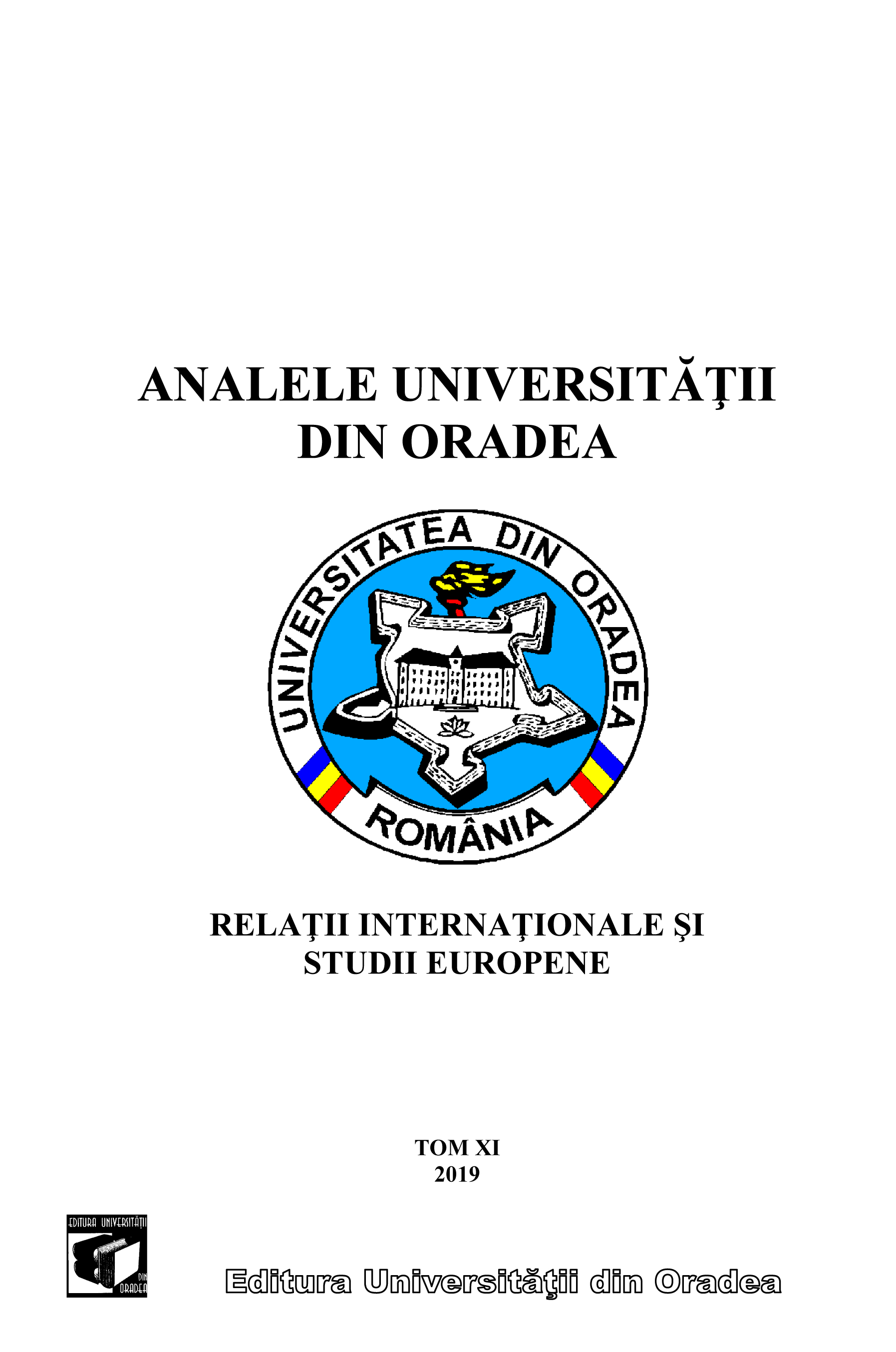
Review of Bieber, Florian and Dario Brentin (eds.) Social Movements in the Balkans. Rebellion and Protest from Maribor to Taksim. New York: Routledge, 2019,ISBN 978-1-138-05214-7
More...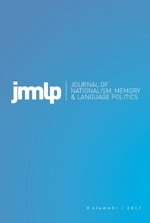
Does increasing immigration change the nature of language politics in a party system underpinned by ethnic valence strategies? This paper utilizes qualitative data to illustrate the manner in which debates on linguistic pluralism have become enmeshed in the politics of ethnic defense in Northern Ireland. It will be shown that language politics in this context is driven by the powerful pull of bi-national considerations. This is despite the fact that migrant languages have become increasingly common in the territory. The research provides insight into the manner in which ethnically defined parties have engaged with multicultural diversity, in the context of increasing immigration. It is shown that Sinn Féin representatives largely ignore discussions about wider language diversity, preferring to focus on narratives related to Gaelic. The Democratic Unionist Party (DUP) tends to utilize the broadened range of minority languages as a shield to repel nationalist demands for greater state support for Gaelic programs. The analysis of this evidence suggests that ethnically defined parties are ill-suited to the demands of a multicultural society and immigration-generated diversity.
More...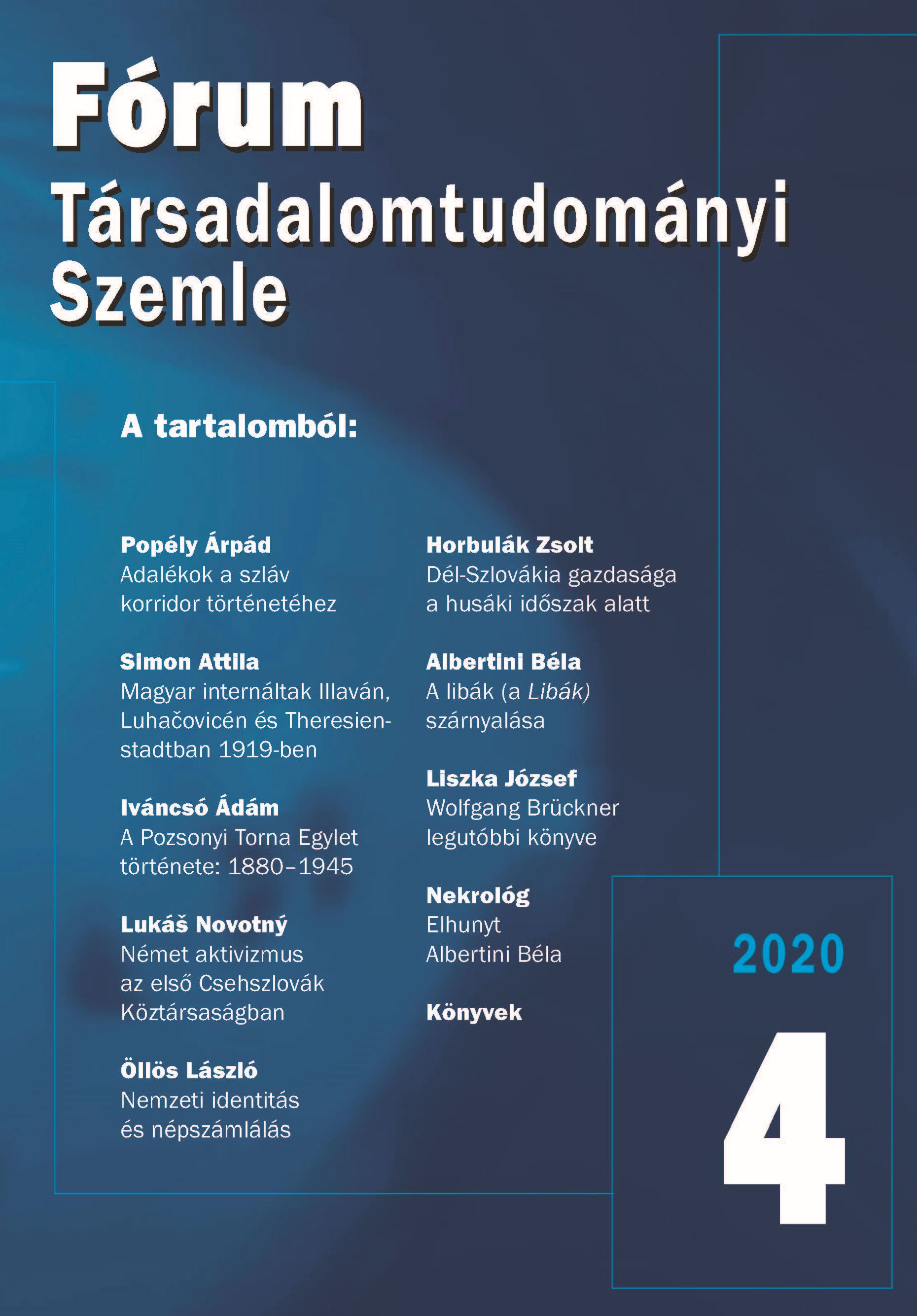
The census is about the confession of one´s national identity. This study examines those forms and components of national identity that can influence our decision and whether there are any that offer Hungarians a new opportunity in Slovakia today. The author states that in our age, those who seal themselves off or let others seal them off in one nation, no longer own the future. The competitive situations of globalization are favourable for those who keep the values of their own culture but take the best from all the others too, adopting it combined with their own culture. They are precisely the ones whose work and performance can be outstanding, not those who give up everything that made them who they are. National identity has both individual and community implications. And in our age, the negative consequences of assimilation are evidently becoming personal, not only communal.
More...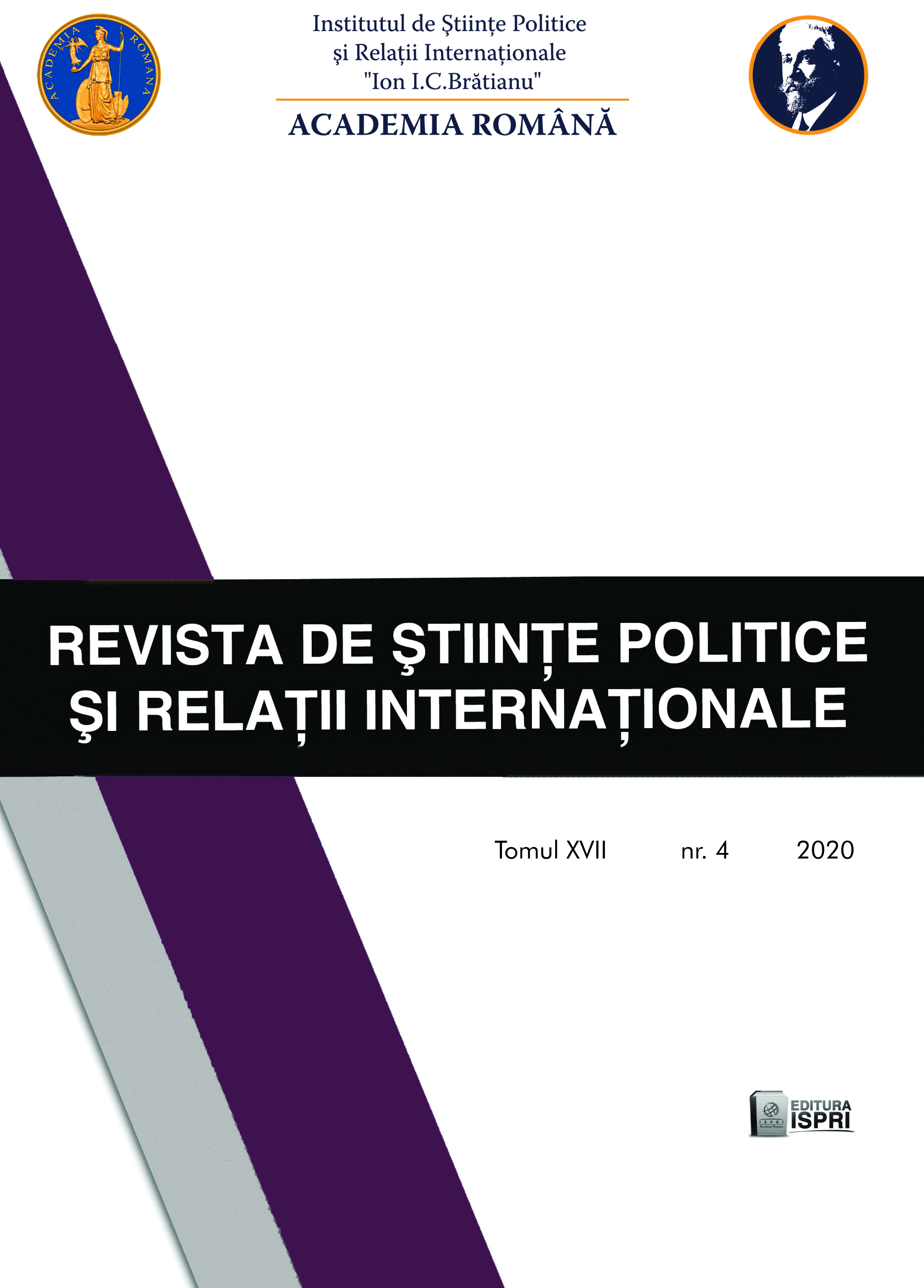
The paper presents a short history and the activity of the Romanian Cultural Institute. The Romanian Cultural Institute is the main Romanian institution whose fundamental purpose is to promote, represent, protect the Romanian culture and civilisation abroad and is one of the most representative symbols of the expressiveness of the Romanian spirituality.
More...